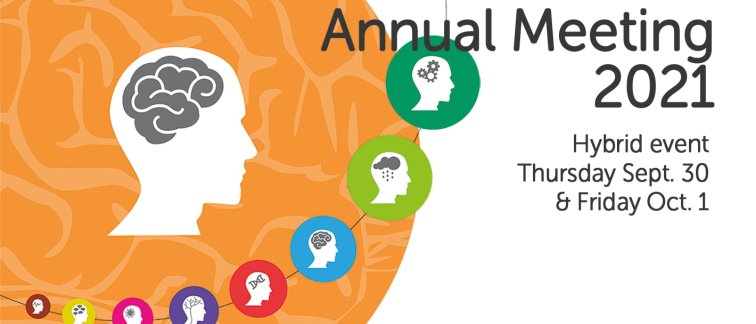September 30: Poster presentations
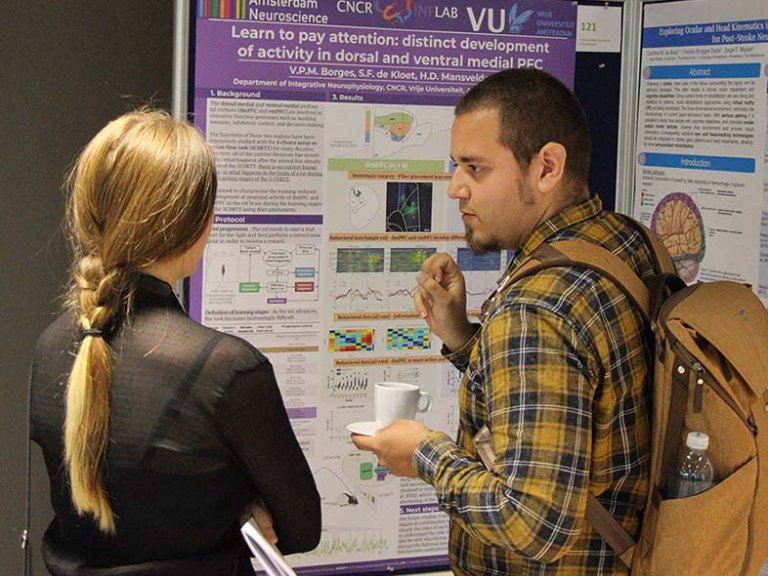
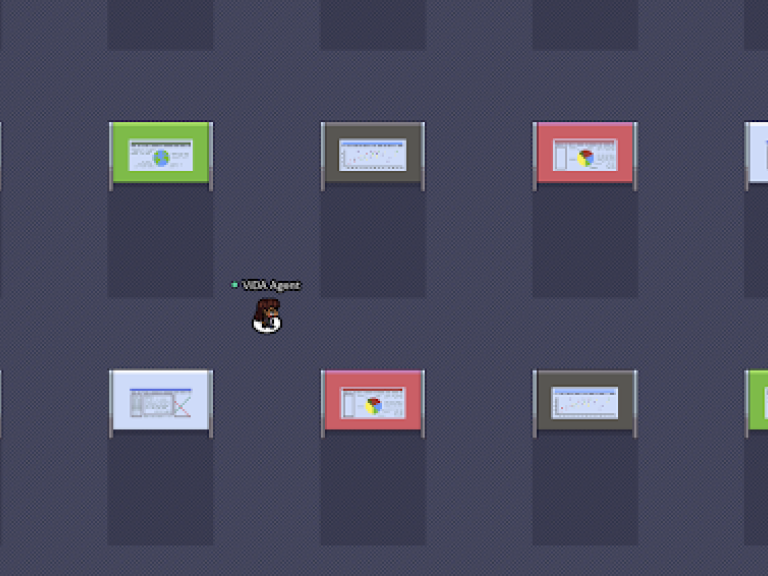
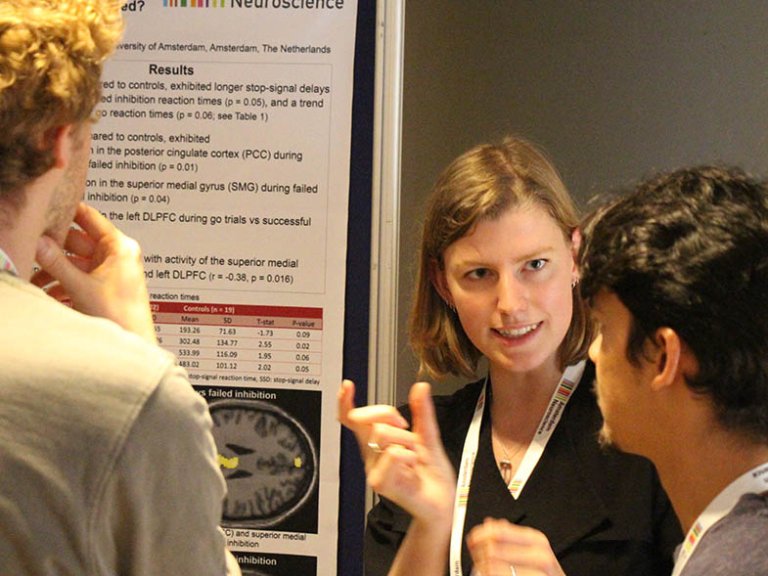
15:30-17:30 Online poster market
The Annual Meeting will kick off on September 30 with online poster presentations by MSc students and PhD candidates. A shortlisted selection of Amsterdam Neuroscience affiliates will prepare posters on their latest research findings, their work will be available in our online conference platform during the entire week the Annual Meeting (from Sept. 27-Oct 1). On Thursday Sept. 30 all poster presenters will gather online during the 15:30-17:30 time slot to show their work to all interested neuroscience colleagues and students in Gather.town, an easy and interactive virtual space. Feel free to visit the selected poster presentations during this online poster market and get in contact with colleagues working in the field. An internal poster jury will review the poster presentations and will nominate presenters that will give a short pitch during the next day.
October 1: Plenary program on resilience
09:00-14:00 Hybrid plenary program
We continue with the hybrid event on October 1 live from our customary location: the Johan Cruijff ArenA. The event will be available via a live stream on our online conference platform. Additionally a limited number of attendees can join the plenary program in person at the location itself. During the break attendees can watch the poster presentations online of get in contact with fellows. Read the program in more detail below.
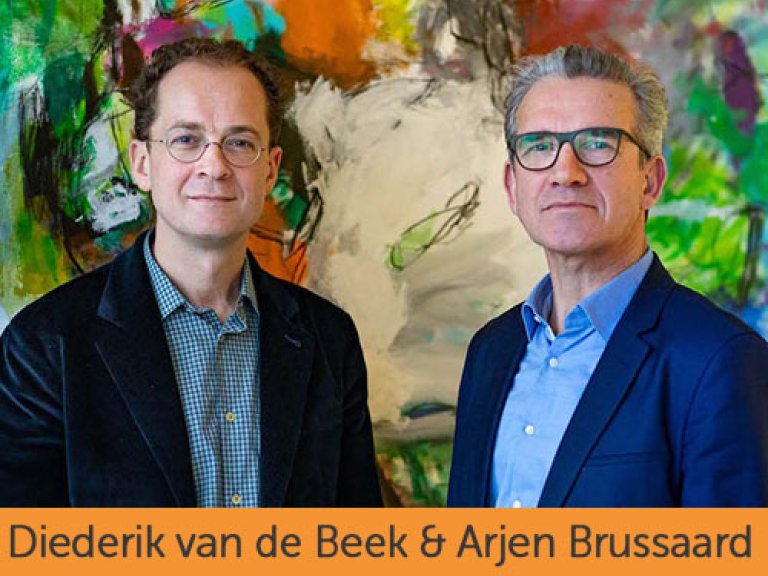
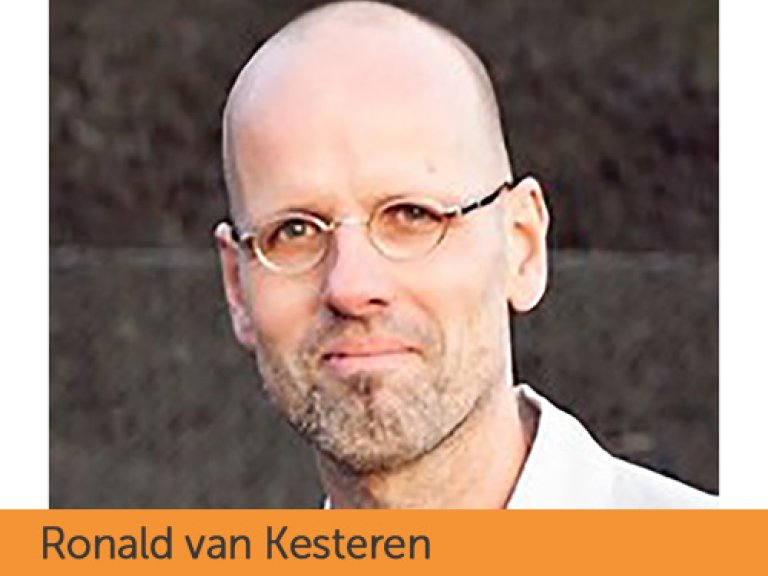
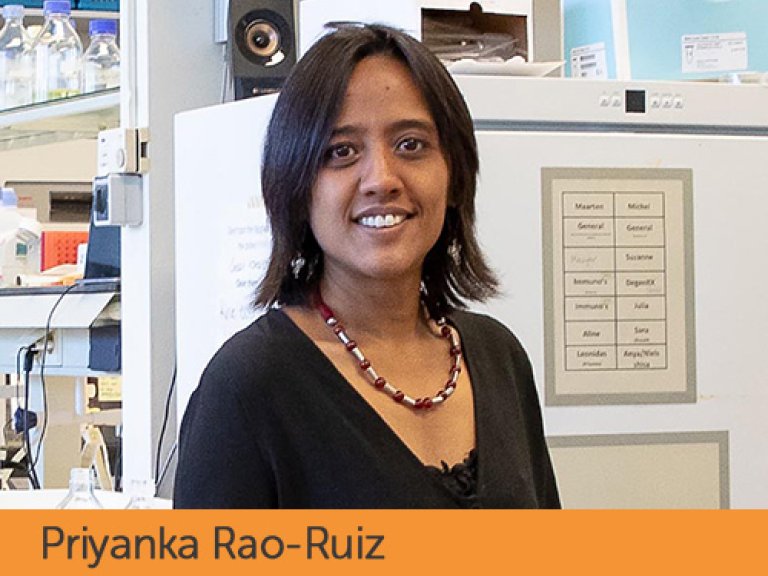
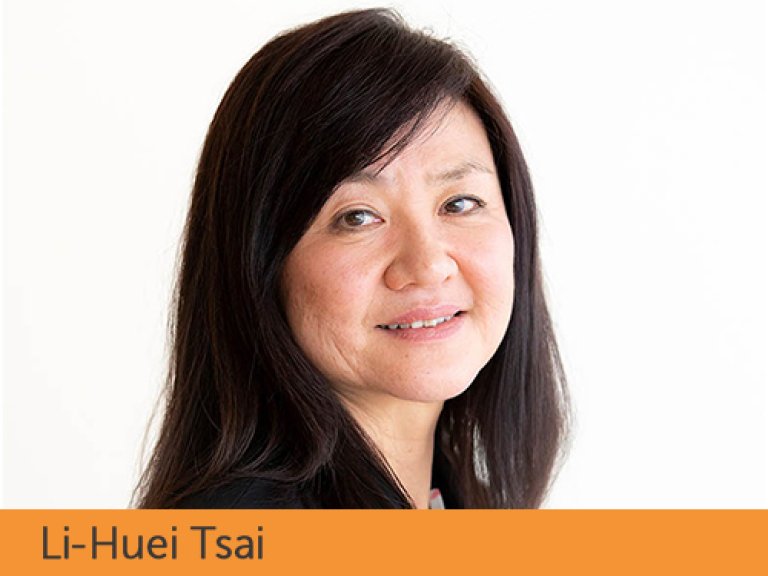
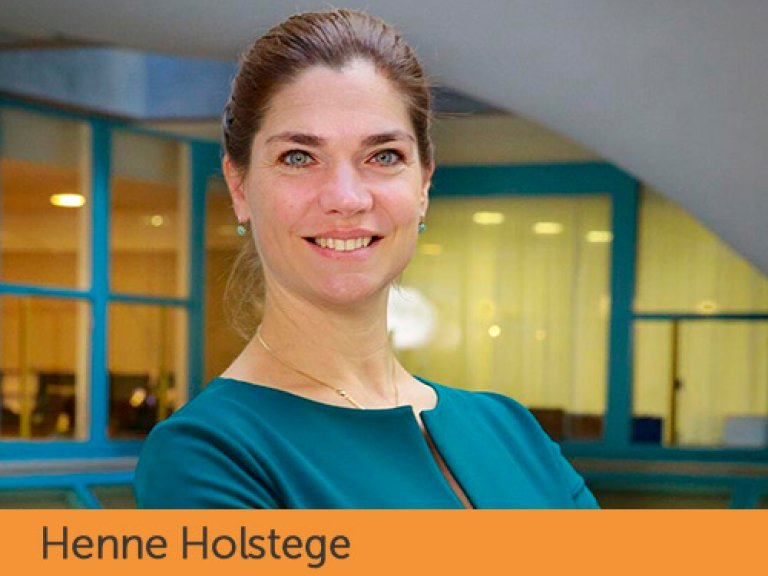
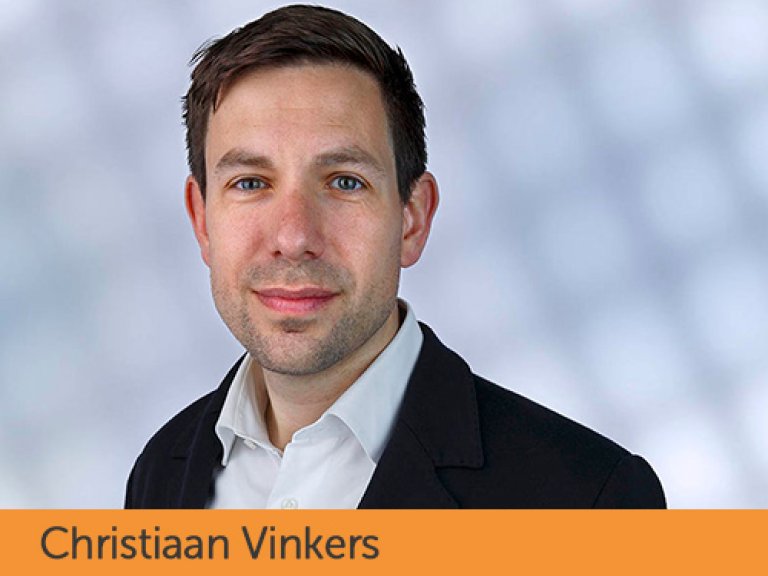
09:00-09:15 Word of welcome
Introduction and welcome by directors Arjen Brussaard & Diederik van de Beek.
09:15-10:00 Story slam with young neuroscience researchers
Four young researchers will talk about their research during this story slam session led by assistant professor Priyanka Rao-Ruiz of VU Amsterdam.
10:30-11:15 Escaping cognitive decline: the science behind the story
Research report by Henne Holstege: The 100-plus study: a multidisciplinary approach to investigate the escape of cognitive decline
Henne Holstege is assistant professor and head of Genomics of Neurodegenerative Diseases and Aging at the Department of Human Genetics at Amsterdam UMC. Using the biomaterials collected from the 100-plus study cohort of self-reported cognitively healthy centenarians Henne Holstege and her colleagues profile multiple aspects of escaping cognitive decline during aging. Henne Holstege will explain our integrative and multidisciplinary approach to investigate the molecular mechanisms underlying escape of cognitive decline.
Interview with centenarians of 100-plus study (in Dutch)
Meet two of the centenarians of the 100-plus study. They reached these extreme ages while maintaining their cognitive health. How did they achieve this extraordinary phenotype? Listen to hem explain how they think they achieved this and listen to Henne Holstege’s reflection on this based on her findings in the 100-plus Study.
11:45-12:45 Network oscillations in Alzheimer’s disease
Research report by Ronald van Kesteren: Neuronal network alterations in early dementia
Associate professor Ronald van Kesteren is team leader at the molecular and cellular neurobiology department of the Center of Neurogenomics and Cognitive Research at VU Amsterdam. His main research focus is on early brain mechanisms in dementia. Together with professor Guus Smit he will present some of their latest findings on neuronal network alterations in mouse models of Alzheimer’s disease.
Keynote lecture by Li-Huei Tsai: Noninvasive sensory stimulation to induce gamma entrainment and neuroprotection
Li-Huei Tsai, PhD, Picower Institute for Learning and Memory, Department of Brain and Cognitive Sciences, Massachusetts Institute of Technology. Rhythmic neural activity in the gamma range (30-80 Hz) is modulated during various aspects of cognitive function and has been shown to be disrupted in several neurological conditions, including Alzheimer's disease (AD). It is well established that local network oscillations at specific frequencies can be induced in cortical areas using sensory stimuli. Li-Huei Tsai and her colleagues have applied this approach, which they term Gamma ENtrainment Using Sensory stimuli (GENUS), using patterned light and sound stimulation at 40 Hz in AD model mice. Remarkably, GENUS augmented gamma oscillation power in multiple brain regions. Moreover, chronic application led to marked reduction of amyloid and tau pathology, attenuated neurodegeneration, and improved cognitive function in multiple AD mouse models. These beneficial effects elicited by GENUS are likely to be mediated by microglia activation, and increased capillary mediated clearance. In humans, combined light and sound stimulation increases gamma oscillation power in extended brain regions including deep brain areas such as the amygdala, hippocampus and posterior insula. They found that GENUS is safe even after prolonged exposure. Preliminary data suggests that GENUS stabilized hippocampal volume in AD subjects and maintained functional connectivity in the brain. These results support further evaluation of GENUS in larger and longer clinical trials to evaluate its potential as a disease modifying therapeutic for Alzheimer’s disease.
12:45-13:05 Stress and resilience in psychiatry, from bed to bench side and back
Dialogue with Christiaan Vinkers, associate professor and psychiatrist at Amsterdam UMC and GGZ inGeest. He will be assigned as professor and will shed his light on the relation between stress and resilience. For almost all psychiatric and neurological disorders, (traumatic) stress is a major risk factor. However, considerable interindividual differences exist in stress vulnerability and resilience. How can we shed more light on the fundamental (neuro)biological background of stress resilience, but also make sure that patients can eventually benefit? In other words, can an integrative and translational approach to resilience offer a way forward?
13:05-13:35 Recap on poster presentations & Award ceremony
The top four presenters of the day before, September 30, will be invited to give a short presentation during this plenary wrap up. At the end the attendees of the Annual Meeting will vote for the best presenter of 2021.
We hope that you are all excited to participate in our two-day hybrid event. Registration is now open, so let us know if you are joining by completing the registration form.
13:35-13:45 Wrap up and closing remarks
Registration is closed.

